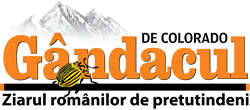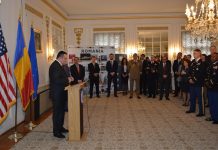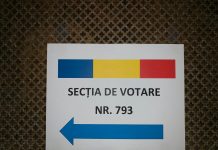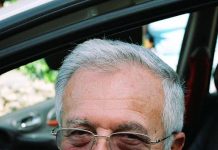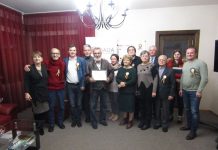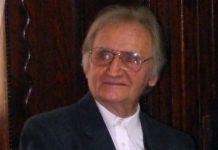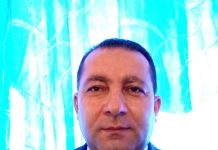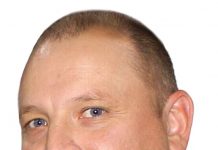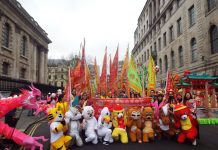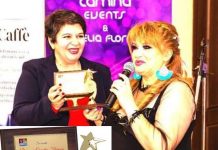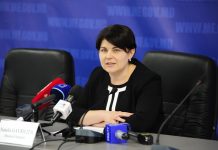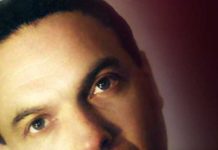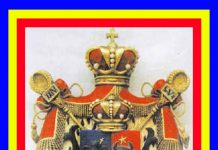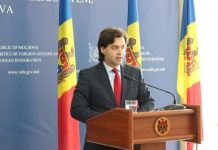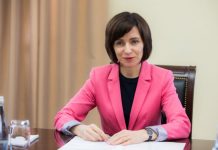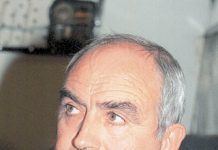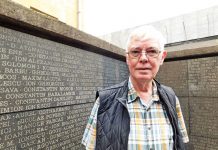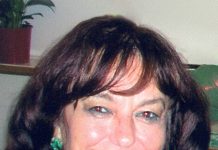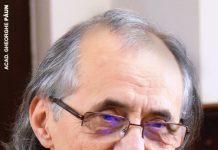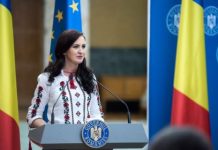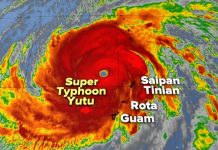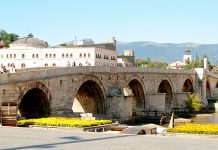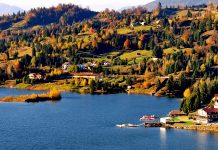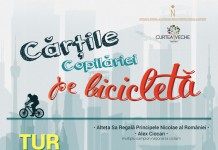During my recent absence, which—to my embarrassment—nobody seemed to notice, and which could very likely become permanent, I made an unusual trip to the confines of life. That is, at the border of the material world, to which we hang on with teeth and claws in spite of its everyday struggles and never-ending uncertainties. It started one morning when a jumble of hostile shakes had brutally interrupted my sleep. Exotic gong sonorities originating in the thorax, unpleasantly resounded throughout my sweaty body. The source appeared to be my old heart, which suddenly didn’t keep pace with my still young soul. It is a sickening feeling when one’s heart is pulsating chaotically, unpredictably alternating its crazy ticking with short yet terrifying hiatuses. The illness that took over my body soon began eating at my soul. Months followed, months of anguish and inactivity during which I dwelled upon reviewing my life and getting used to the immanence of mortality; the only occupations, except reading and prayer, within the reach of someone going downhill with an aggressive atrial fibrillation.
That the medication would not rid me of my ailment soon became obvious. Hence I was urgently sent to a cardiologist. The specialist saw me after three months and found that my mitral valve was badly damaged, which called for open-heart surgery. This was the bad news.
The good news was that I lived in British Columbia, “the best place on earth” as the slogan has it. A look into the provincial government’s web-site gave me new hope through the enticing words of our ex-premier. According to him, every single case of cardiac disease affecting the citizens of British Columbia shall be solved in three months; that was one of our rights. As the propagandistic waiting time had already passed, I naturally felt exceedingly happy. That happiness, however, was short-lived, for it took four more months until I had my first meeting with the heart surgeon, and an additional four before the surgery proper was performed at Vancouver General Hospital. As an aside I must confess that that surgeon has subsequently proven to be not only a first-class professional but also—which is rather rare—a most understanding, caring and sensitive man.
We live in Naramata, so my wife and I rented a room close to the hospital and flew 500 kilometers to Vancouver a week in advance. It was a wise decision because that week I was kept busy with tests, an angiography and other unpleasant procedures.
What the government’s web site didn’t disclose was that in our province there is a
shortage of cardiovascular surgeons, and the access of specialists to properly equipped operating rooms is rationed. Thus any emergency patient precedes those on the waiting list. I learned that only when my own surgery was postponed not once, but twice. The last time I waited, completely prepared, for seven hours, before being bumped. Luckily we rented the room for the entire month.
At last my turn came. As the first patient on the roster that day I ought, after fasting ten hours, to be at Admissions at 5:30 AM. For the next two hours busy nurses took my blood samples and thoroughly disinfected me from head to toe. The anesthesiologist dropped in for a last-minute check-up and then the surgeon came to say a few kind words. Two orderlies, in high spirits, as if we were going to a wedding party, wheeled my gurney into the operating room. Everything was moving fast and I couldn’t even finish a prayer because without notice my contact with reality was brusquely cut-off.
An eerie silence reigned in the unfathomable abyss where my very own self now hovered, devoid of his physical body—an ectoplasm blob suspended in nothingness. I was effortlessly pulled up toward something, which I knew must have been the Light, yet I didn’t see anything and nothing moved. Time stood still. I didn’t feel any pain, fear or regret. Neither hunger nor thirst bothered me anymore. An intense sensation of immense relief had alighted upon me, and it was as if the present, the past and the future ceased to exist. I was, however, conscious of myself as insignificant, without substance, shape or weight and lacking consistency, yet vaguely thinking, surrounded by a modest diffuse aura that didn’t alter the impenetrable darkness. Intuitively I guessed, without confirmation from the senses, that not far in front of me were vast expanses of water, though there was no sign of the oarsman who probably had his day off.
I bided my time without knowing what for. No emotion or anxiety troubled my serenity. It is hard to estimate how long that situation lasted—less than one second, I am tempted to say in retrospect (in fact it was over 24 hours, I was told afterwards). Then from the darkness a gentle intimation came, like an unspoken thought that I could or must return…
…I heard voices and the telephone rang reminding me that I have awakened in the real world. A baritone answered. Someone wanted to talk to a girlfriend and in her absence left a message: the time and place of a date. Presently a female voice entered the room and she was given the message. “You have been insincere with me. I don’t like that,” the male reproachfully concluded.
“Why?”
“You didn’t mention the boyfriend, making me believe you were free.”
“Oh, you are giving too much importance to insignificant details,” answered the soprano and laughed, a crystalline laugh like the jingle of a bunch of silver bells.
“Really?”
“Really. You’d better take care of your patient.”
Back among the living with their petty problems, I was tortured by an unquenched thirst. Someone noticed my awakening and asked me the discriminatory question, which after a year of dealings with the health services, I learned to detest: “What’s your birthday?”
I was again at Vancouver General Hospital.
